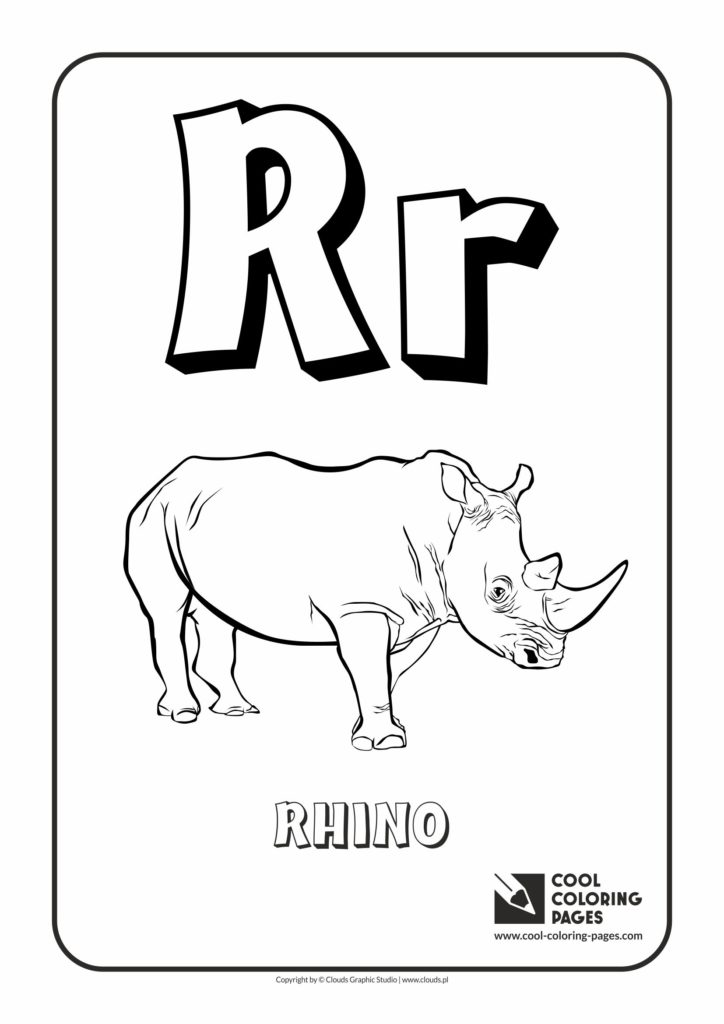

Now that we have the workaround, authorizing BigQuery and retrieve data from there would be simple: install.packages("bigrquery") library("bigrquery") bq_auth(use_oob = TRUE, cache = FALSE)Įxtract data from BigQuery with custom query: # Store the project id projectid = "your-project-id" # Set the query sql <- "SELECT * FROM your_table" # Run the query project_query <- bq_project_query(projectid, sql, use_legacy_sql = FALSE) # Download result to dataframe df <- bq_table_download(project_query) Conclusion Image by Author, Grant permission How to use BigQuery in Colab R runtimeįor business people, or for researchers who are more comfortable using R, perhaps we need to retrieve data from company-owned BigQuery or publicly available datasets there. These lines will return a variable x, and display it on the cell output: Note that this must be placed at the beginning of the cell. Use this if you want all syntax in a cell to be executed in R. Start rmagic by executing this in a cell: %load_ext rpy2.ipython

Run rmagic by executing this command %load_ext rpy2.ipython.How to use R and Python together in Colab The second way is to actually start the notebook in the R runtime.This method allows you to execute R and Python syntax together. The first way is to use the rpy2 package in the Python runtime.This post will tell you how to run R in Google Colab and how to mount Google Drive or access BigQuery in R notebook. We only need a browser and a fairly stable internet connection.Ĭolab is a great alternative tool to facilitate our work, whether as a student, professional, or researcher.Īlthough Colab is primarily used for coding in Python, apparently we can also use it for R ( #Rstats).

The processing is done on Google-owned servers in the cloud.

We can perform data analysis, create models, evaluate these models in Colab. Colab, or Colaboratory is an interactive notebook provided by Google (primarily) for writing and running Python through a browser.


 0 kommentar(er)
0 kommentar(er)
